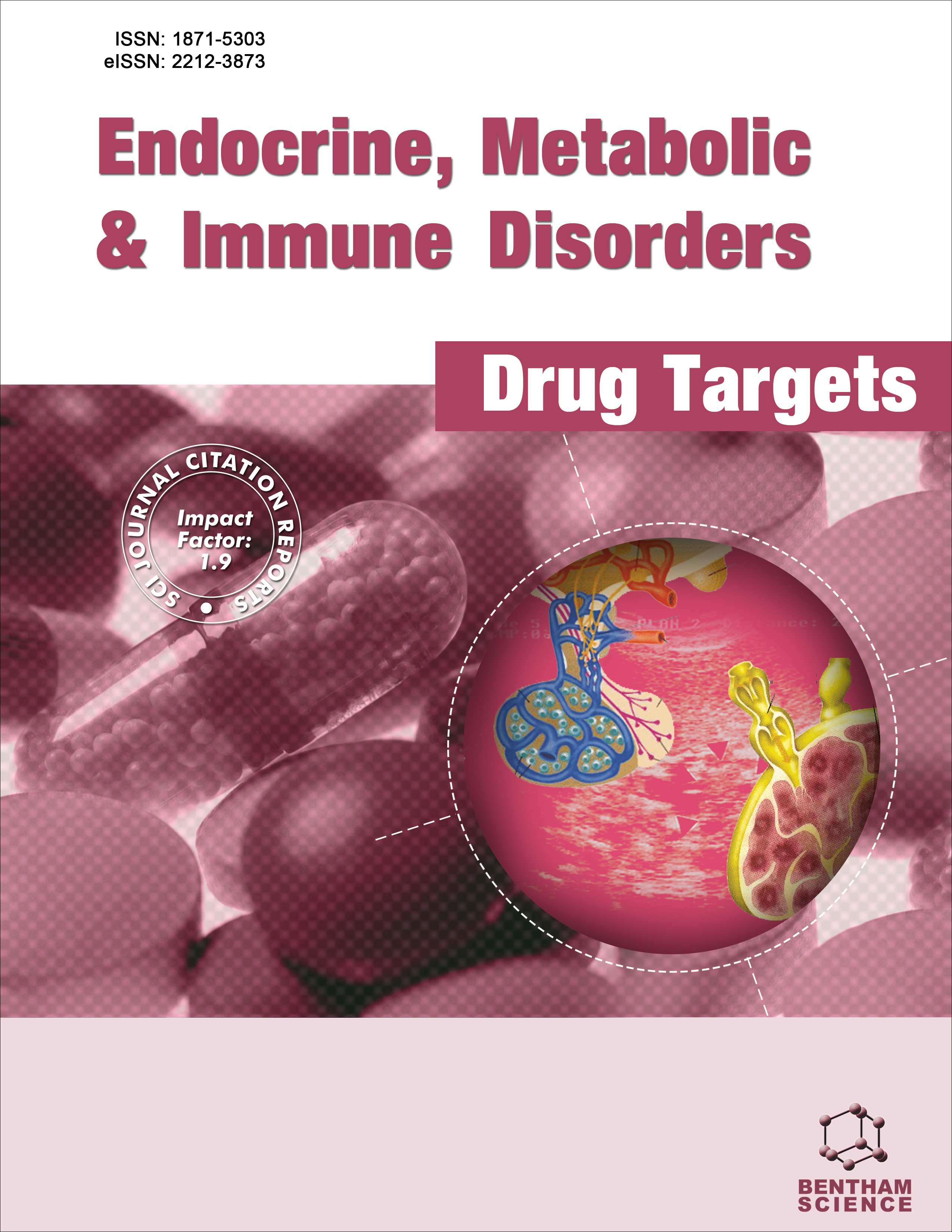-
s Recent Advances in the Understanding of Sepsis-Induced Alterations in the Neuroendocrine System
- Source: Endocrine, Metabolic & Immune Disorders-Drug Targets (Formerly Current Drug Targets - Immune, Endocrine & Metabolic Disorders), Volume 13, Issue 4, Dec 2013, p. 335 - 347
-
- 01 Dec 2013
Abstract
Sepsis is a fatal systemic inflammatory disease. It is caused by an immune system inflammatory response to the entry of microorganisms or their products into the blood circulatory system. The pathophysiological mechanisms of sepsis are still poorly understood. The presence of microorganisms in the systemic circulation causes activation of the immune system, which in turn leads to a robust release of inflammatory cytokines. These inflammatory cytokines result in alterations across all important physiological systems, including the neuroendocrine system. Neuroendocrine responses differ between the acute and the late phase of sepsis. In the acute phase there are robust alterations in the secretion of neuroendocrine hormones in response to body demand. In the late phase, the plasma concentrations of some hormones remain low, despite heavy systemic demand, whereas several others increase despite of diminished needs. In this review, we give a brief overview on sepsis-induced major alterations in neuroendocrine secretions, and summarize current knowledge about mechanisms and targets for their treatment.


